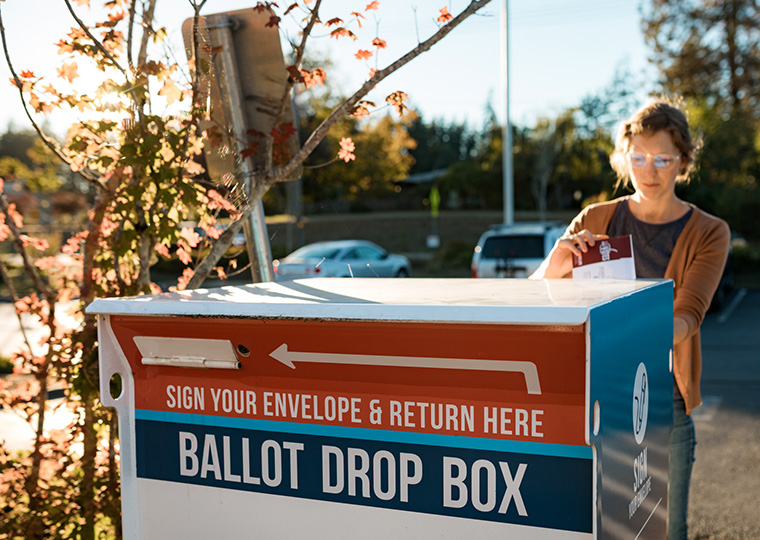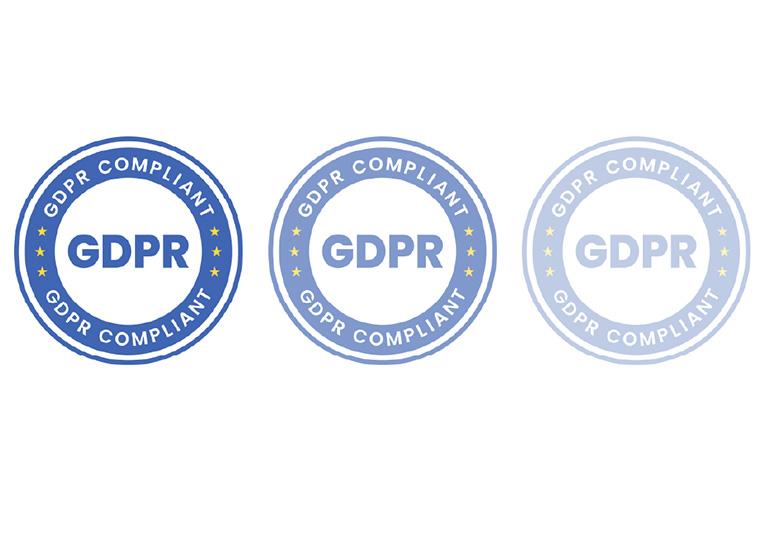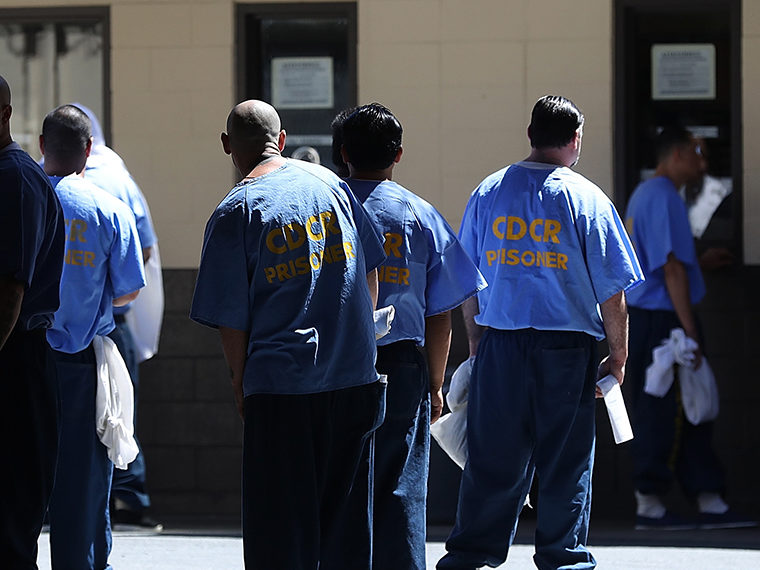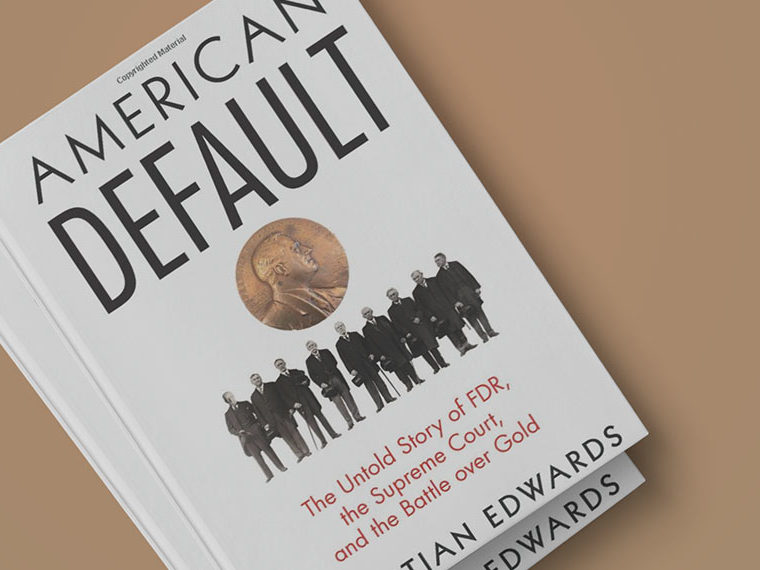Incumbents in France are reelected less often when all candidates can be repaid for personal outlays
Campaign spending in the 2020 races for U.S. president and Congress totaled more than $14.4 billion, more than double the 2016 level. Embedded in all that spending is the assumption that a campaign that raises more money than its competitors has an advantage.
Among stakeholders who care about competitiveness, that is seen as effectively giving incumbents a 10-yard head start in a 100-yard dash.
Opt In to the Review Monthly Email Update.
While the power of money has been decried for years, there is still little evidence of the causal impact of financial regulations. In a working paper published by the National Bureau of Economic Research, European University Institute’s Nikolaj Broberg, UCLA Anderson’s Clemence Tricaud and Harvard’s Vincent Pons offer up causal evidence that an election process that reimburses candidates for their personal campaign outlays helps level the playing field.
The Causal Case for Reimbursement of Candidate Spending
Representative democracies’ goal is to elect leaders best aligned with people’s preferences. The mechanics of elections — who can run for office, how they’re financed, who can vote, where and how the voting occurs — greatly influence how much electoral outcomes are representative. Research by Tricaud and others seeks to measure the causal impact of these regulations.
The authors compare elections in French districts with populations of slightly more than 9,000, where campaign regulations apply, to districts just below that population threshold, where campaign spending and contributions are not regulated. They find that incumbents are less likely to win when their challengers have the financial backstop of knowing the personal funds they commit will be reimbursed.
France’s government structure includes 101 regional departments responsible for the management of culture, local development, social assistance, education, housing, transportation and tourism. Each department is broken down into electoral districts in which residents elect the members of the department council. A candidate who garners at least 50% of the vote in a first round is the winner. If no one reaches the 50% threshold, the top-two candidates in the first round go to the second round, along with any candidate who garners a certain vote share threshold.
Since 1990, all electoral districts with at least 9,000 residents have campaign spending limits. In 1995, the French electoral commission also introduced a campaign reform that entitles all candidates to recoup their personal expenditures. The French state reimburses candidates for up to 50% of the value of the spending limit and as long as they grab 5% of the vote in the first round.
The researchers analyzed elections between 1998 and 2011, corresponding to nearly 10,000 departmental elections and more than 50,000 candidates.
While they found no impact on the number of candidates in a given election, they find that elections in which the campaign rules apply are 11 percentage points less likely to be won directly in the first round.
Looking at the impact on the identity of the winner, they show that the odds that a previous runner-up wins increases by 5.2 percentage points, and the odds of a total newbie winning increases by 9.2 percentage points.
Given the zero-sum nature of elections, the big losers are incumbents. The researchers find that campaign regulations decrease the probability of an incumbent being reelected by 14.5 percentage points. That’s driven in part by incumbents being 7.4 percentage points less likely to run for reelection, and by those who do run again being less likely to hold their seat. On the reverse, challengers become more likely to run again and to win conditional on running.
The staggered implementation of the two types of campaign reform gave the researchers two election cycles (1992 and 1994) to study the effect of spending caps in isolation. They find no impact of regulations during those two years, suggesting that spending caps are not what’s moving the competitiveness needle in France. This may be attributable to the fact that few candidates — pre- and post-1995 reform — were close to the spending limit. Instead, these results suggest that the main effects are driven by the reimbursement of candidates, an interpretation that is further supported by the analysis of the composition of candidates’ contributions before and after the introduction of reimbursements in 1995.
The researchers also conducted the same analysis at the more local municipal level, but found no impact. They suggest that’s likely due to the fact French municipal elections use a proportional list system, in which campaign spending can be split among the different members of the list, as opposed to being borne by a single candidate.
To the Left
The authors also explore which political orientations benefit the most from campaign regulations in departmental elections. While extreme candidates do not become more likely to win, left-wing candidates are the ones gaining the most. Consistent with this finding, the authors note that, historically in France, left-wing candidates have collected less than half the private donations pocketed by right-wing candidates, and that their personal spending didn’t bridge that gap. Once personal spending became reimbursable, left-wing personal spending increased relative to spending by right-wing candidates.
“Our results indicate that, on net, campaign finance regulations do level the playing field and decrease the incumbency advantage,” they conclude.
Featured Faculty
-
Clemence Tricaud
Assistant Professor of Economics
About the Research
Broberg, N. Tricaud, C., Pons, V. (2022). The Impact of Campaign Finance Rules On Candidate Selection and Electoral Outcomes: Evidence from France. National Bureau of Economic Research. doi: 10.3386/w29805






